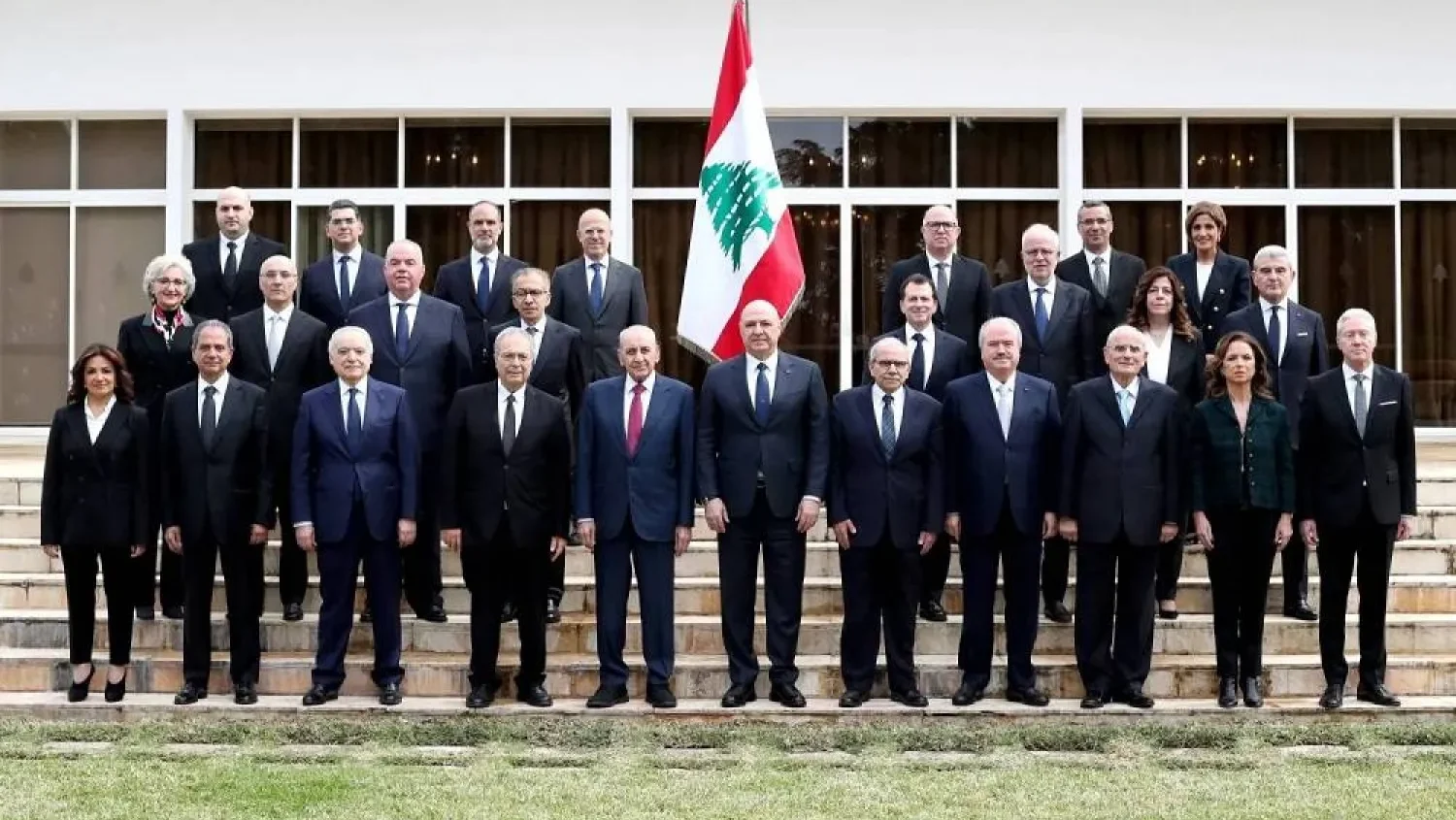Lebanese Government Drops ‘Armed Resistance’ Clause for First Time in Decades
The Lebanese government introduced a significant shift in its national policy on Monday, removing references to “armed resistance” from its ministerial statement for the first time in 24 years. The new guidelines, which require parliamentary approval, declare that only the Lebanese army will be responsible for national defense, breaking from past statements that legitimized Hezbollah’s military role.
Since Israel’s withdrawal from southern Lebanon in 2000, Hezbollah has positioned itself as the country’s resistance force, influencing Lebanon’s stance on war and peace. Previous government statements acknowledged Hezbollah’s right to confront Israeli aggression, but the latest policy draft makes no mention of the group. Instead, it asserts that “the state is fully responsible for the security of the country and defending its borders.”
This holiday season, give to:
Truth and understanding
The Media Line's intrepid correspondents are in Israel, Gaza, Lebanon, Syria and Pakistan providing first-person reporting.
They all said they cover it.
We see it.
We report with just one agenda: the truth.


Lebanon’s Information Minister Paul Morcos stated that President Joseph Aoun praised the government for swiftly finalizing the statement, which is largely based on the Taif Accord and Aoun’s inaugural speech. The statement reaffirms Lebanon’s commitment to United Nations Security Council Resolution 1701, which calls for disarming all armed groups except the Lebanese military and preventing conflict with Israel.
The document also outlines economic and political priorities, emphasizing state reforms and rejecting the naturalization of Palestinian refugees. It affirms Lebanon’s authority over all territories, including Palestinian refugee camps, and vows to protect depositors’ frozen bank accounts.
On Syria, the government pledged to keep Lebanon out of regional conflicts while engaging in dialogue on border control with Syria’s new authorities following the fall of Bashar Assad in December.

